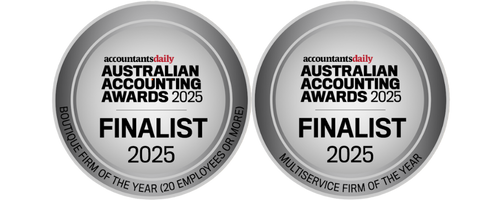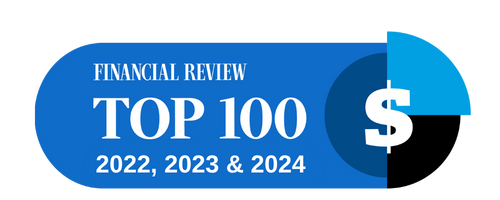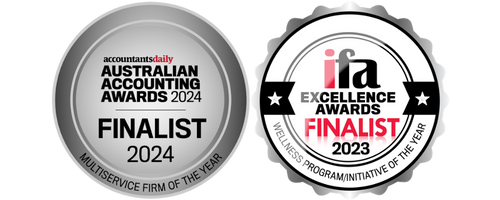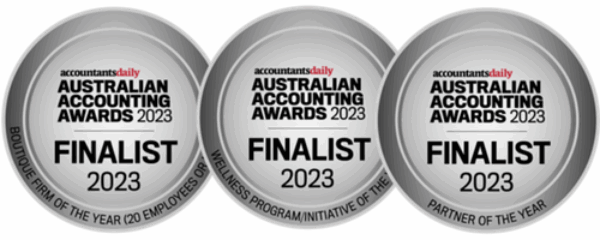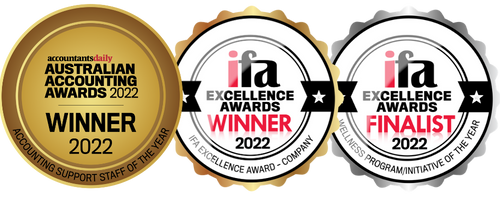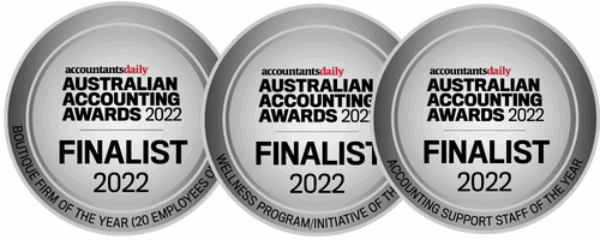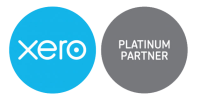As we move towards the end of financial year, it becomes important to look at your tax planning prior to 30 June to maximise your tax savings. As well as this, forward planning for the 2021-22 financial year creates opportunities for greater understanding of tax liabilities, potential tax savings and wealth creation opportunities.
We have detailed below some tax planning agenda items that Walshs covers off with our clients on an annual basis in April-May each year in our tax planning meetings. You may like to consider touching base with your accountant on some of these important EOFY considerations.
Instant Asset Write-off
Last year, an increase in the instant asset write-off allowed the writing off of the cost of purchasing an asset up to $150,000. In the November 2020 budget, the government extended this allowance even further.
There is now no limit to the amount a sole trader or small business owner can write off under the instant asset write-off. This is now known as “temporary full expensing” and is available for any asset purchased between 7:30pm AEDT 6 October 2020 to 30 June 2022. It even applies to second-hand assets (where your turnover is under $50 million).
Until 30 June 2022 sole traders and businesses can fully expense as a 100% tax deduction the purchase of capital assets (new and second hand) provided the asset(s) is first used or installed by 30 June 2022. The 100% write off has no dollar amount limit for sole traders, except for motor cars where the deduction is limited to the depreciation cost limit of $59,136 (x business use %). If you are purchasing via a Company or Trust, the assessment of Fringe Benefits Tax needs to be considered along with advice from your tax accountant. There is no limit to the number of assets that can be purchased and eligible for the 100% deduction, so it is an attractive incentive to update equipment. Note when the asset is sold the sale proceeds will be included as taxable income.
Superannuation Contributions
The maximum concessional (tax deductible) contribution for 2020-21 remains at $25,000. Superannuation contributions must not exceed $25,000 from all sources including SGC (9.5%), employer salary sacrifice, and personal contributions, otherwise excess contributions tax can apply.
It is important to note that the super guarantee percentage payable on wages increases from 9.5% to 10% from the 1st of July.
The ability of those in private practice to pay superannuation to their spouse should also be considered to maximise on tax savings. It is important to first ensure you meet the requirements before making any contributions. Advice can be sought from your financial advisor.
Division 293 Superannuation Tax
An additional 15% tax on concessional contributions is levied when a taxpayer’s adjustable taxable income (including super contributions) exceeds $250,000, making the total contribution tax 30%. For many individuals in this income bracket superannuation is still advantageous as the tax rate on income of $250,000 and over is 47% (including the Medicare Levy of 2%).
Superannuation Catch-up
If your total superannuation balance was less than $500,000 at 30 June 2020 you may be entitled to contribute more than the concessional contribution limit of $25,000 in 2021 by claiming the unused concessional contributions from the 2018-19, and 2019-20 financial years. Advice should be sought from your financial advisor.
Downsizer Superannuation Contribution
Individuals aged 65 years and over can contribute into their superannuation up to $300,000 each from the sale of their main residence. The name “downsizer” is a misnomer as you can actually “upsize” and still be able to make the downsizer contribution.
Tax Tips for Property Investors
End of year is fast approaching and it’s time to take stock of what can be done to get some tax deductions in this year’s tax return.
- Travel: Don’t forget that the government has previously removed the ability to claim a tax deduction for travel when inspecting rental properties.
- Prepaid expenses: Bring forward any maintenance expenditure that needs to be completed by 30 June. Be sure to distinguish between what the ATO considers to be a ‘repair’ and what is an ‘improvement’ as improvements are non-deductible but can be depreciated.
- Interest: Pre-pay interest on property investment loans if there is adequate cash flow in order to claim an immediate deduction.
- Short-term holdings: Renovating a property with the intention of selling it for profit in the short term may incur tax as a “profit-making scheme”. CGT concessions will not be able to be taken advantage of as a result.
- Personal expenses: Ensure that any claims or interest on borrowings for investments can be clearly separated from interest on borrowings of a personal nature.
- Depreciation deductions: A qualified quantity surveyor can provide a depreciation schedule outlining the available tax deductions and providing a significant return. The cost of having a depreciation schedule prepared is also tax-deductible.
- Repairs at time of purchase: Expenses for property repairs are deductible provided that they relate to wear and tear or other damage as a result of earning rental income. The cost of initial repairs at the time of purchase are not deductible.
- Vacant land: expenses for holding vacant land are no longer tax deductible for individuals intending to build a rental property on that land at a later date. The costs are able to be added to the cost base of the assets to help reduce the capital gain when sold.
Pay Quarterly Super
Super Guarantee (SG) contributions mist be paid by 30 June 2021 to qualify for a tax deduction in the 202-21 financial year. The fund must receive these contributions by 30 June. Some clearing houses can take more than a week to submit the payment to the super fund. Always ensure that superannuation is paid before 20th June.
Defer Income
Businesses may wish to delay tax payments on assessable income this financial year by deferring invoices until after 30 June. Income from the payments won’t be taxed until the following financial year.
Prepay Expenses
There may be expenses due early next year but tax deductions can be brought forward for the next year by pre-paying them in June.
Bad Debts
Bad debts are a significant cost to all businesses that sell on credit. There is no sense in paying tax and GST on sales where payment will not be received, so reviewing any bad debts before the end of year is important. The rules around claiming a tax deduction for bad debts are complicated, so speak with your accountant if you believe you have any debts that can be written off.
Capital Gains
If you have sold an asset (e.g., shares) during the year and made a gain, considering selling non-performing assets before 30 June to incur a capital loss or defer the sale of the asset to after 30 June.
Work-related car expenses
The rate at which work related car expense deductions may be calculated using the cents per kilometre method for 2020-21 is 72 cents per kilometre.
Consulting a medical specialist tax accountant will assist you in maximising your tax deductions in all work-related expenses. If you need assistance, we welcome you to contact us at Walshs Practice for specialist medical Taxation and Accounting, and Financial Planning advice.
For more information or to discuss your specific circumstances, please do not hesitate to contact your Walsh advisor or book a meeting here.





